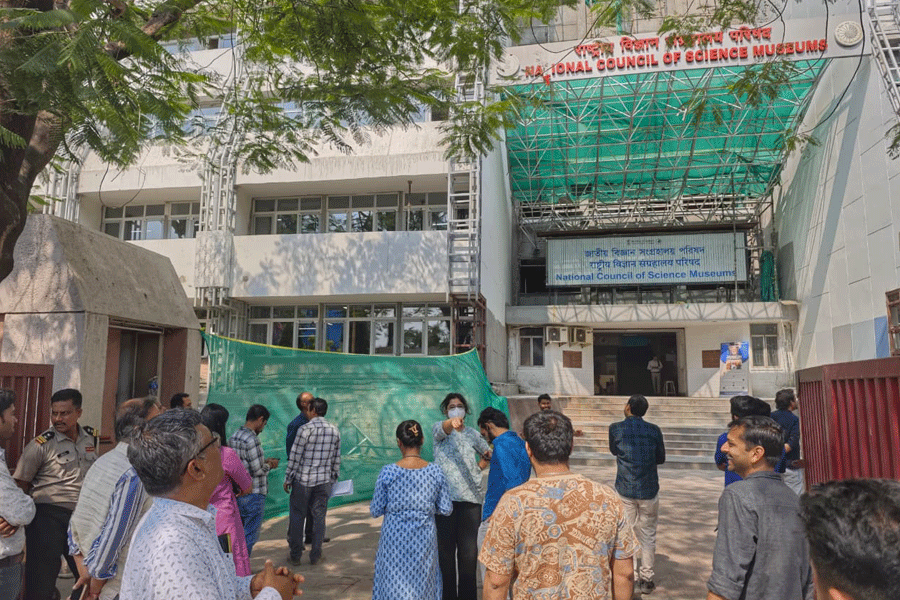Calcutta, Aug. 21: Tea cultivators in Tripura, hit by reducing profit margins over the years, are pushing for a shift to the economical and less labour intensive rubber plantation.
However, a stringent land lease law and active labour unions in the state have till now prevented any major foray into the trade.
In a classic case of profit-labour welfare seesaw, the unions are vehemently opposing the move, fearing a loss of livelihood of the over 14,000 strong tea garden workforce.
Several owners, though, desperate to increase their dipping margins, are already cultivating rubber, sparking tension in the unions.
P.K. Sarkar, secretary of the Tripura Tea Association of India, elaborated on the predicament of the cultivators.
“It is an open secret of the Tripura tea industry that many owners, and even government co-operatives, cultivate rubber on land leased for tea. Though it is not legal as of now, it is a feasible route for revival of the industry. Through the last decade, our profit margins have dipped considerably with increasing costs of production, labour and transport. To produce 1kg of tea worth Rs 80, the input is around Rs 70,” Sarkar said.
“With such low margins, it is difficult to maintain the gardens. Hence, expenditure on expansion or on applying technology to improve quality is out of the question. This adds to the woes, because during auctions, Tripura tea is not particularly in demand even though we produced 1.5 per cent of the national total in 2010.”
Sarkar sees in rubber cultivation not just better business but the only way for tea plantations to survive in the state.
“At present, only 6,500 hectares of the 14,000 hectares leased for tea is under cultivation. If considerable profit is made through rubber cultivation, the amount in the long run can even be used for employing better and scientific methods to improve the quality of the tea produced.”
The idea, though, has not gone down too well with the workers and the unions fear drastic loss of livelihood.
There are also fears that simultaneous cultivation of tea and rubber might cause irreparable damage to tea plants, making it imperative to use the land entirely for rubber plantation.
Citu’s Tripura state committee general secretary Kanu Ghosh has been busy campaigning against rubber cultivation on land for tea.
“Whatever the owners might want us to believe, it is obvious that several people will lose their livelihood. It is illegal too, as the land has been leased to cultivate tea, and rubber can only be grown with permission from the government, which definitely has not been granted. Wherever we have come across rubber plants in tea gardens we have taken action. We also submitted memoranda to the district magistrate of Kailashahar town in North Tripura against owners of two gardens near the town,” he said.
A tea garden owner in North Tripura, who did not want to be named, is disturbed at the role being played by the unions. “It is futile to gather political points on this issue. A number of gardens in this area are on the verge of collapse. If they close down and a situation like the Dooars in Bengal is created, where several estates have closed down, it is going to help no one,” he said.










